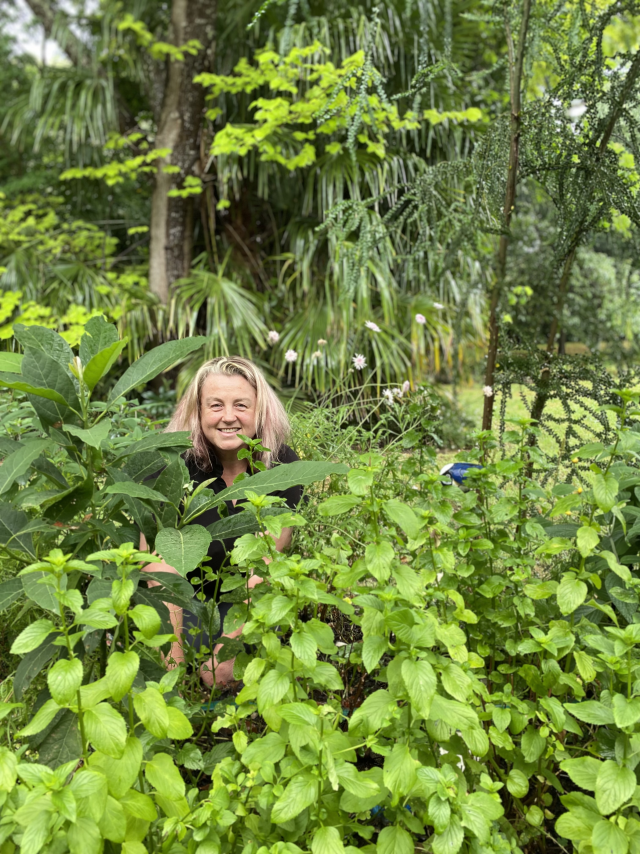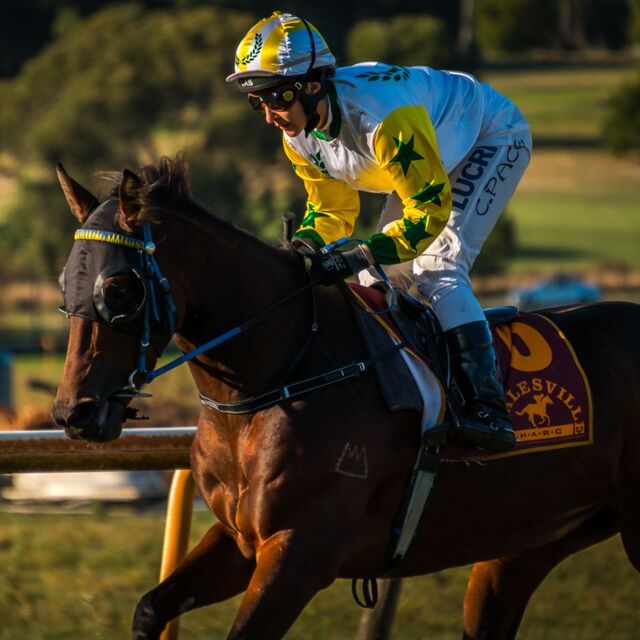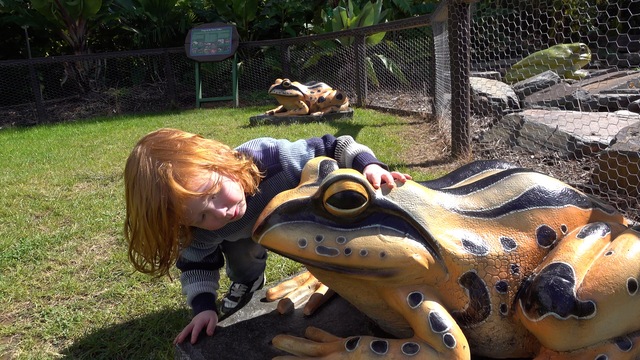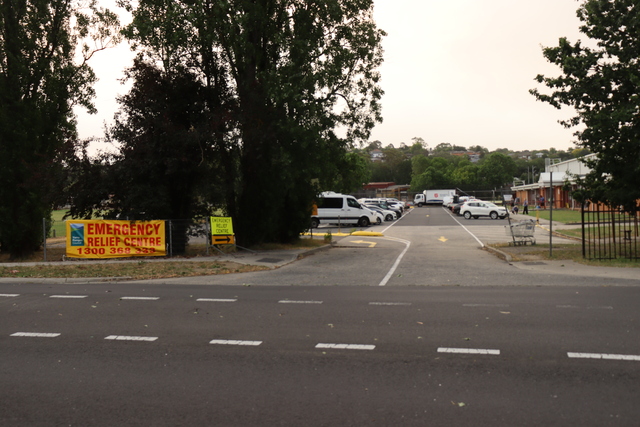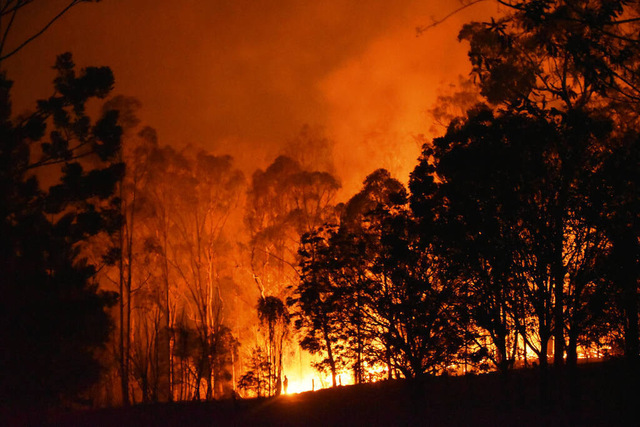Life in the Dandenong Ranges brings with it a luscious landscape rich with flora and fauna of various types, and the need to maintain the environment around your property.
One Monbulk-based permaculture designer is looking to teach others how they can create their own sustainable eco-systems in their own backyard.
“I help people find their way with a different way of doing things on their property, a more of a sustainable way of doing things using composting, reducing their household waste, growing their own food and becoming a bit more resilient and sufficient,” Jane Coleman said.
Ms Coleman said there is a “huge range” of Indigenous plants across the Dandenongs, as well as a large diversity of wildlife.
“It’s changing all the time with land clearing, new houses being built…some biodiversity is being lost, and I think people are really interested in how to keep wildlife in their gardens and look after the soil.”
When Ms Coleman talks about living soil, she refers to the casual network in the soil microbes; anything in the soil that breaks down organic matter.
“If you think of all the trees on the forest floor, all those leaves, twigs and even little dead creatures, bugs and things that break down into the soil, and all the little bugs and microbes are working through all that and feeding the soil,” she said.
“The mycorrhizal network also helps spread that little bit further and helps feed plants. Would you believe there’s a whole network of fungi under the soil which brands everywhere?
“You can’t even see it, but quite often, if you lift dump your mulch in the garden, you can see all this white stuff underneath it…that’s a fungi, and that’s actually breaking down your mulch. It’s really good to have that. ”
Ms Coleman will be holding a workshop called Encourage Nature & Biodiversity in Monbulk on Sunday 5 February, to help others keep Indigenous plants in the area going.
“People will be quite horrified to see how many of the things that we take for granted that we see in our gardens, that they’re quite rare. It’s quite shocking when you have a look at the statistics,” she said.
“I want people to observe what’s happening in the garden, actually take time to go out to the garden, have a look what’s happening, what species are living there? what birds do you have visiting your garden? Do you have any butterflies? What sort of bees?
“It’s about observing and then taking action and making alterations to re-address the balance of the ecology in your own garden…
“If everybody already did that a little bit…it would make a big difference on a much broader scale.”
Ms Coleman started her business – Earth & Soul Gardening – in February 2019, and after discovering permaculture through a Diploma of Sustainable Living with the University of Tasmania, completed her permaculture design course with local provider ‘Pete the Permie’.
Since then, Ms Coleman has run workshops for the Belgrave Food Garden, including a session about organic vegetable growing.
“The committee there are really committed to integrating into the community and getting involved in running these [mostly] funded workshops, so anyone can come along and learn about different things, whether it’s growing vegetables, looking after chickens, learning more about permaculture, biodiversity,” she said.
“I’ve talked to them about the biodiversity and the diverse plantings they’ve got around their food garden, and I think they’re going to look at doing a design with me to increase that, which is important when you’re growing veggies, to have an even balance of the ‘good guys’ and the ‘bad guys’.”
Through her workshops, Ms Coleman is hoping to provide attendees with resources – like the Knox Environmental Society – and help others realise it isn’t difficult to create a sustainable garden.
“If the ecological system on the property is balanced, you’re going to have the food production [with] minimal pest problems, because you’re inviting things into the garden that will take care of those problems for you.
“You’ve got to be willing to share with the wildlife too; you can exclude them with exclusion nets…I say ‘that’s for you and this is for me,’ to keep them coming in the garden because they’ve got a job to do.”
It doesn’t matter whether you are in Monbulk or the neighbouring Emerald, Ms Coleman said, vegetation will be different.
“Observe it, and if you’re you’re new to the area, observe it for a year, through all four seasons…have a look at what the sun is doing, where is the rain settling in the garden? How can you harness that rainwater? How can you direct it to where you need it in the garden?
“Once you have tackled the nature around you, then you can alter it to suit you, to grow food.
“There’s so much to learn out there, and I think people want this because we’re fed up with paying so much money at the supermarket now. People want to be more self sufficient and it’s all about doing it yourself.”
To learn more about Ms Coleman’s Encourage & Nurture Biodiversity workshop, contact her directly through earthsoulgarden@bigpond.com or visit www.eventbrite.com/e/encourage-and-nurture-biodiversity-registration-498062136257
The cost of the workshop is Cost is $145, with 10 places available.

